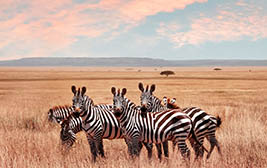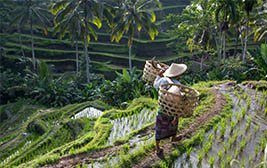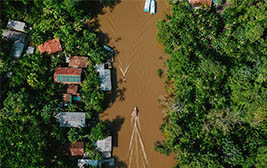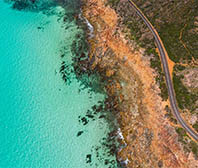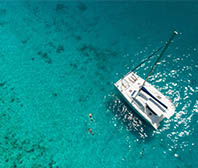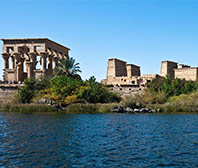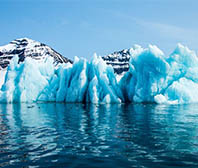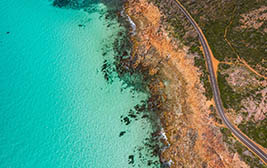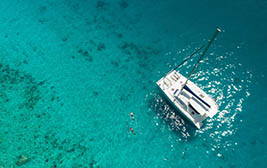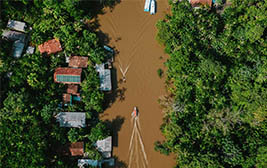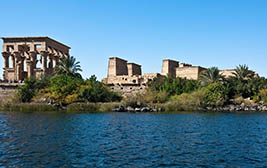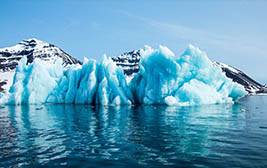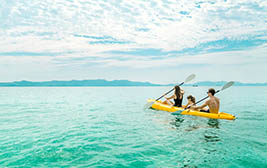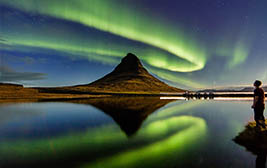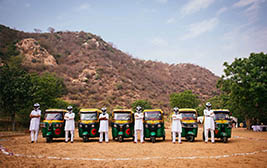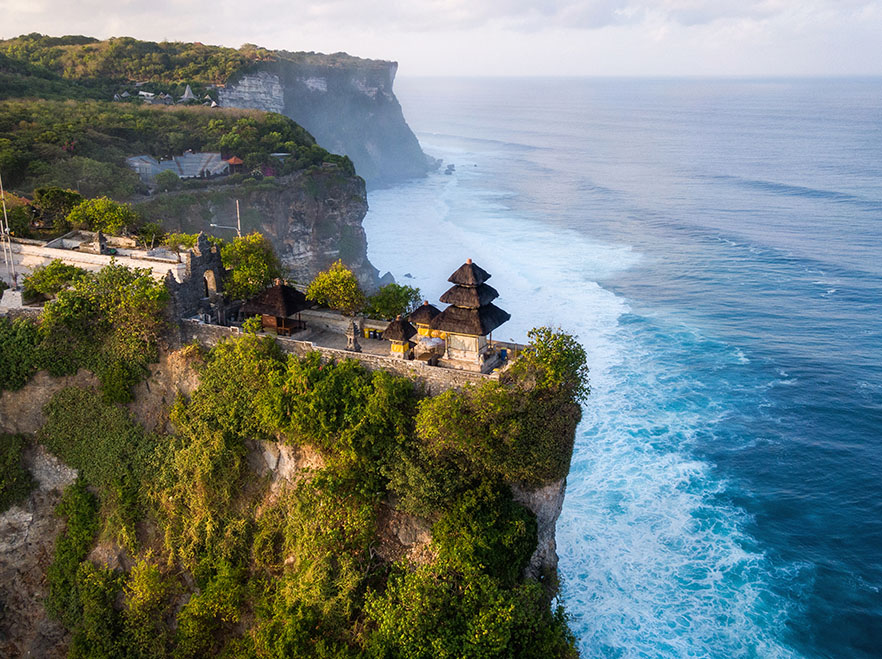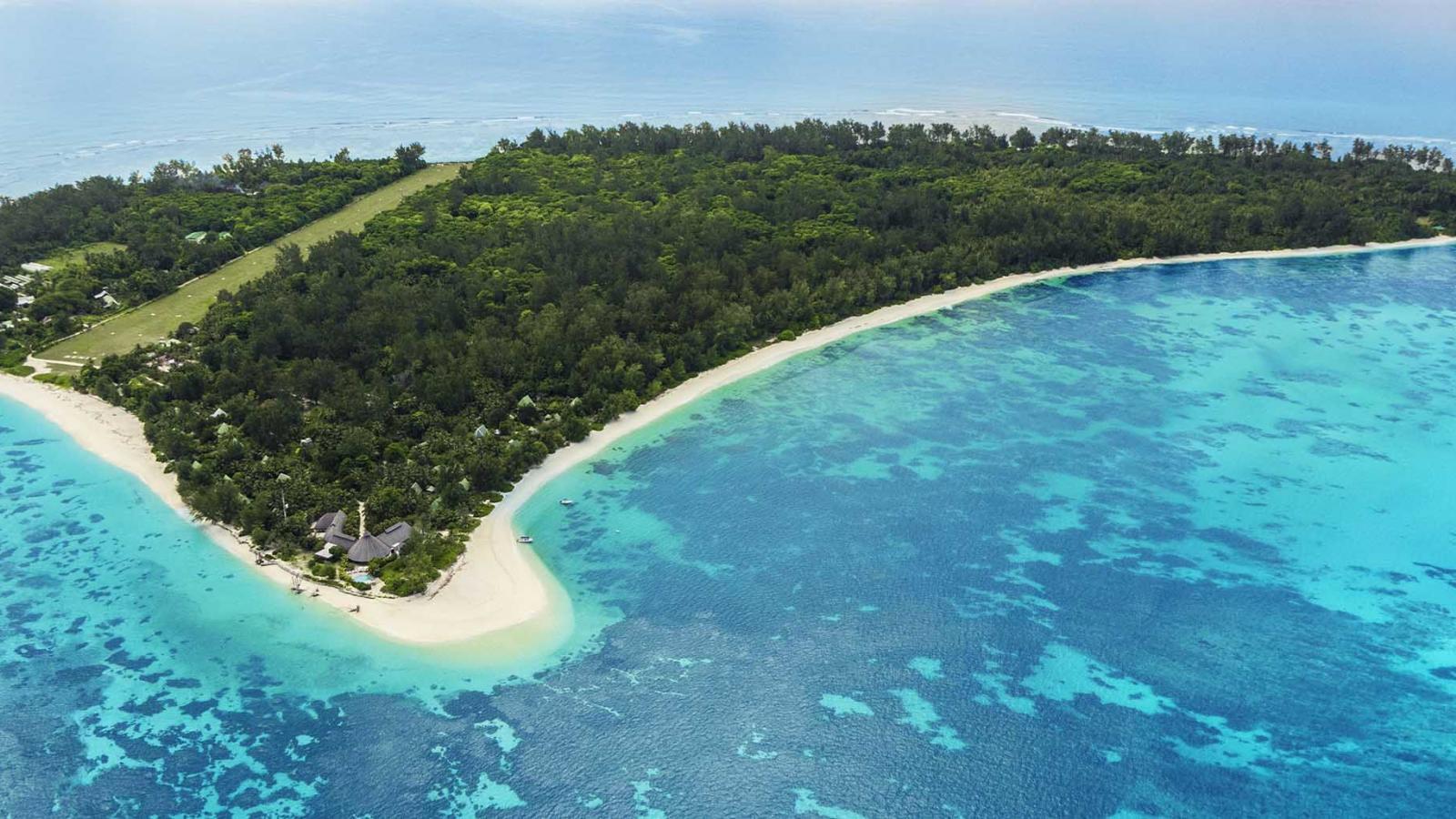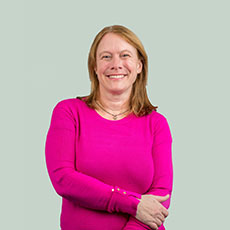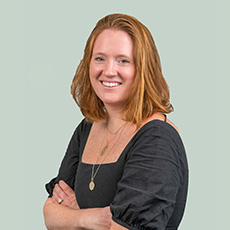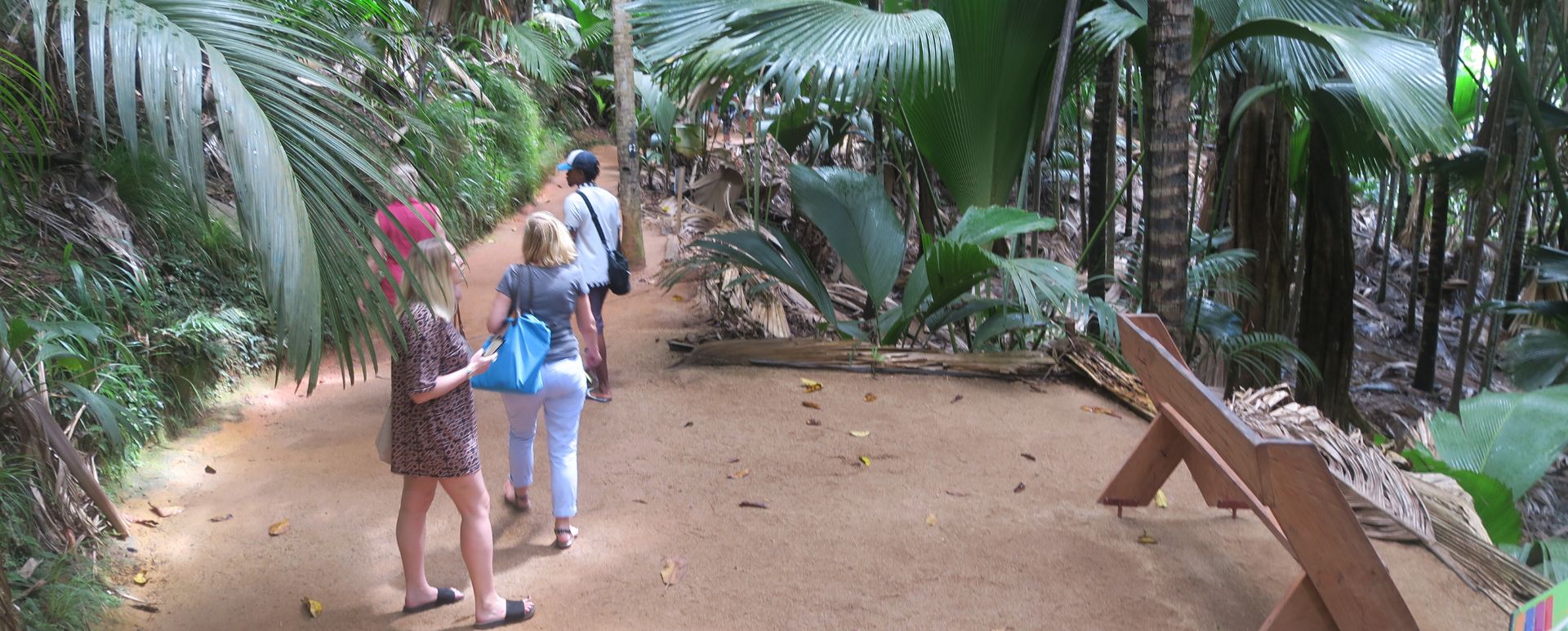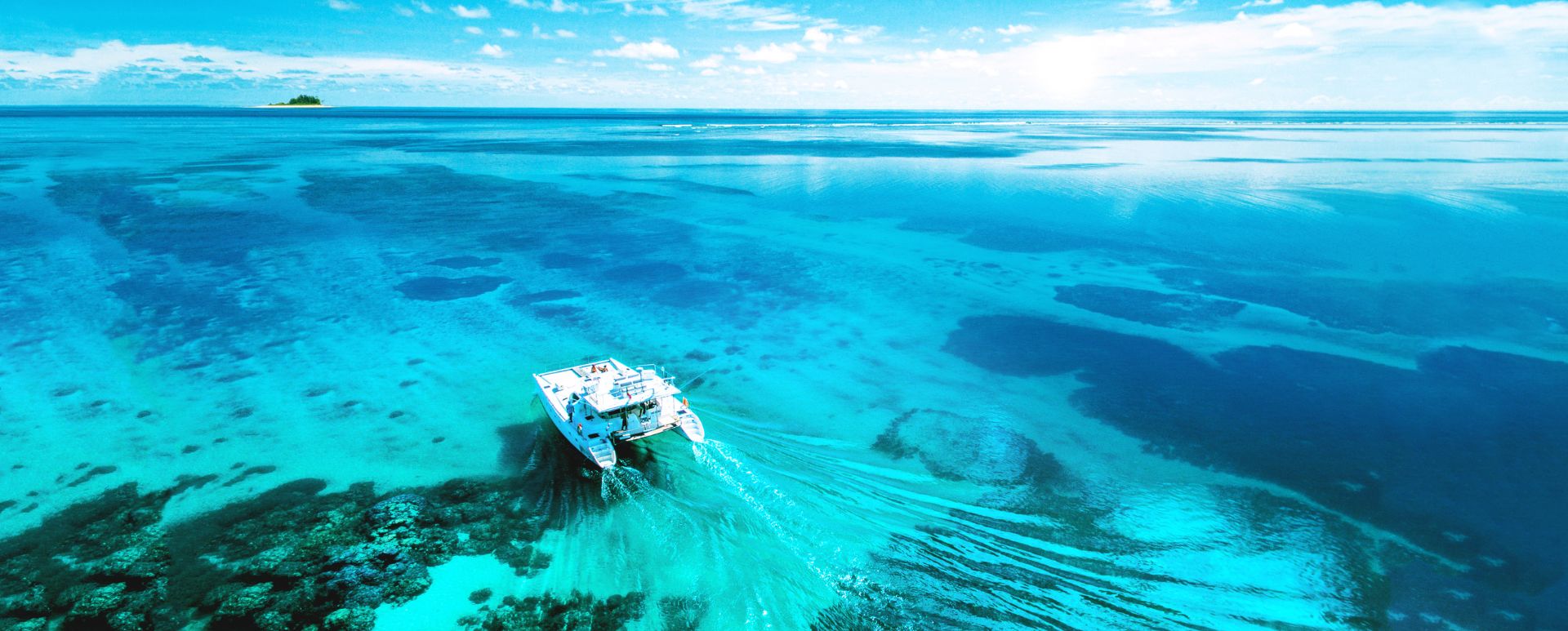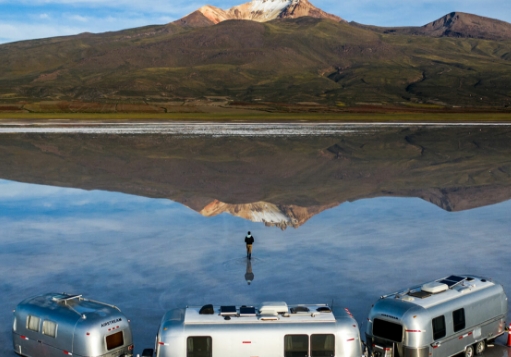I have been lucky enough to work at two very different lodges on remote islands off the north coast of Kenya and in the north of Lake Malawi, which makes me all the more curious to go behind the scenes when I visit a new camp in Africa. Knowing how rare and precious the fresh vegetables and meat supplies are in these far-flung spots, it’s always fascinating to see how places cope and keep guests happy.
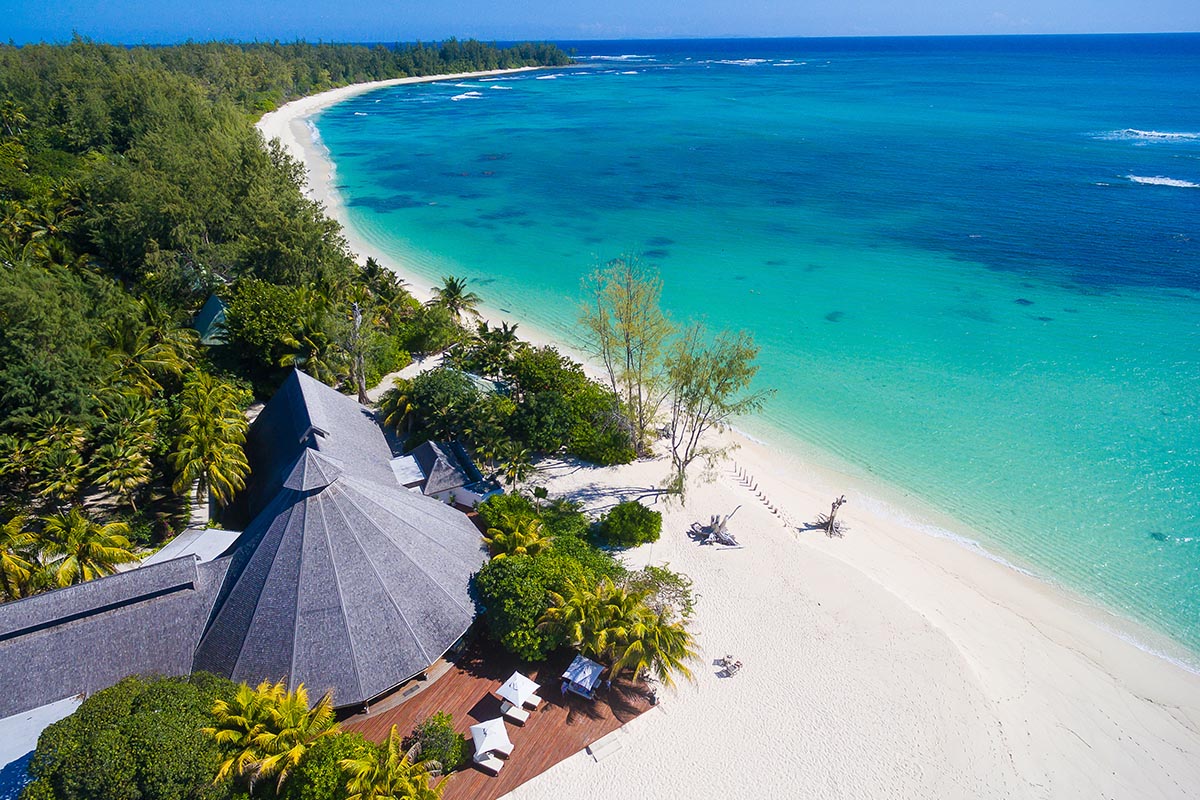
I have certainly never seen an island so impressively self-sufficient and focused on conservation as Denis Private Island, one of the inner isles of the Seychelles. The idea is to remain sustainable, reduce wastage and maximise what Denis provides. Located just 30 minutes by air from Mahé, it is a completely private coral islet of just 1.5sq km and is a perfect example of the farm-to-table concept, with a rich culinary experience.
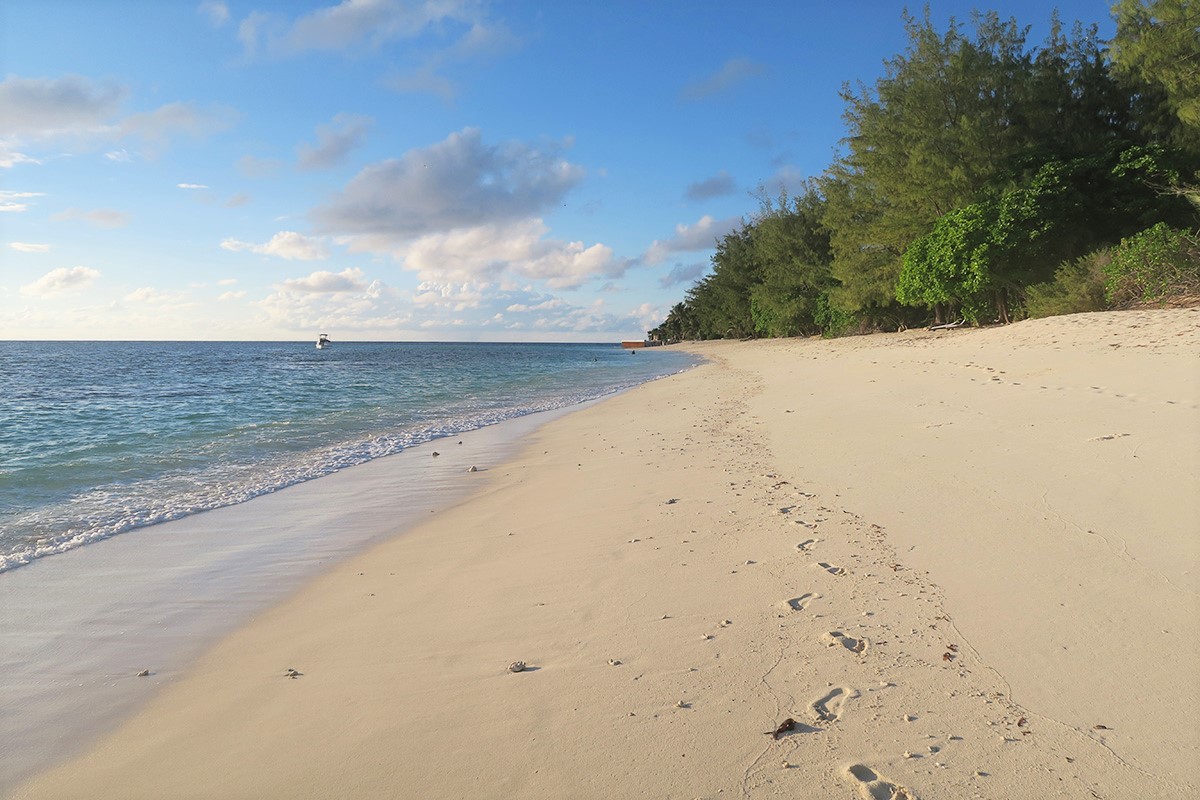
We met the young and very enthusiastic Environment Officer here, who is responsible for the preservation of the island. He took us on a walk along the beach. We started by passing the small chapel and old cemetery, hinting at its history, before admiring the extensive and impressive vegetable gardens that keep the chef well supplied – having tried to grow simple herbs and lettuces in sand before, I know how hard this is to do successfully! Then we came across chicken and fowl pens as well as pigs, goats and dairy cows who produce the milk, cream and yoghurt. The innovative use of coconut palms for cattle feed has seen milk production soar for the whole island. It’s a fully fledged farm back there.
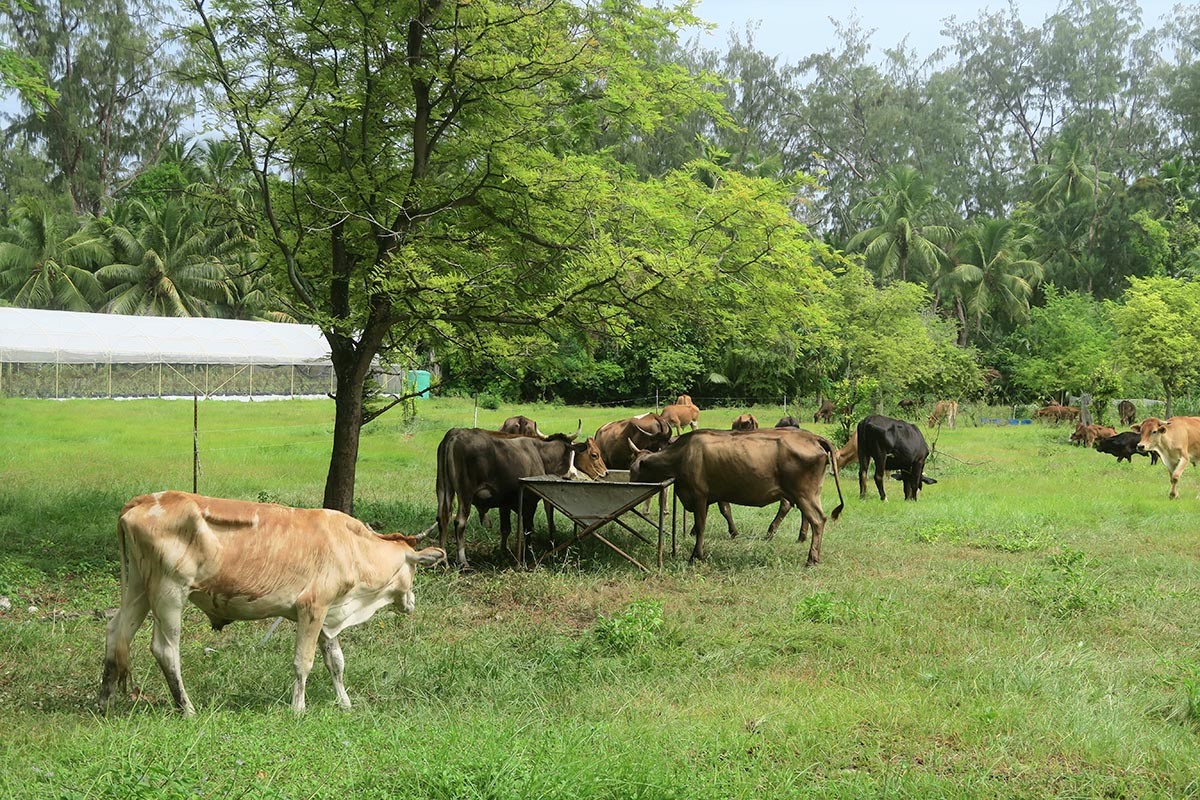
As we were getting over the shock of seeing pigs and cows in the middle of the Indian Ocean idyll, we then stumbled across the lumber mill, which supplies the carpentry workshop that provides any wood flooring or furniture you see around the lodge. There is a deep-rooted knowledge of the ecosystem here, and a commitment to using local materials and methods as import substitutes whenever possible, significantly reducing their carbon footprint.
As we continued past the banana trees, we seemed to get into thicker and thicker forest, as if we were in a lush, green tunnel of tropical plants and trees with massive leaves. Chris stopped to point out some of the land birds endemic to the Seychelles – Denis is the only place in the world in which a morning stroll can bring you across the Seychelles fody, magpie-robin, paradise flycatcher and the Seychelles warbler.
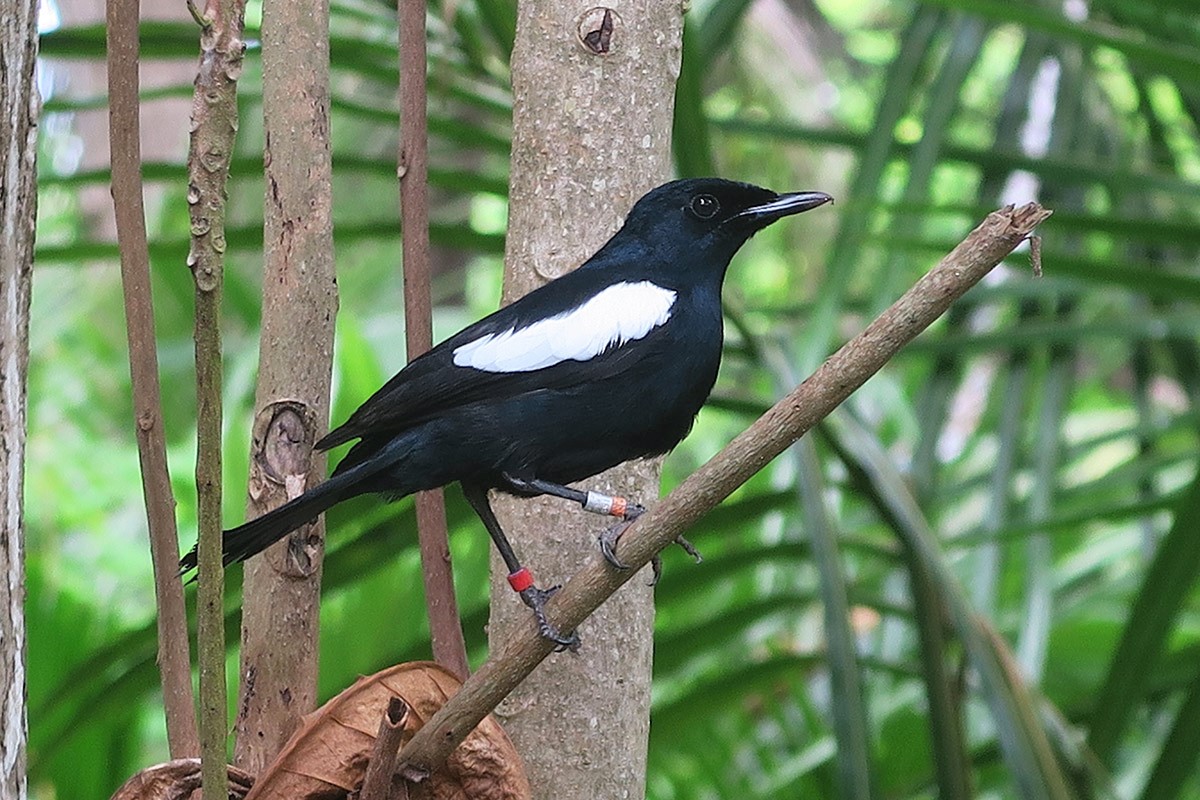
The Green Islands Foundation, an NGO with a decade-long track record of conservation success in the Seychelles, has a permanent outpost on Denis and oversees a variety of programmes. The translocation of some of the Seychelles’ rarest avian species has been one of Denis’ most important environmental achievements.
After snorkelling with the turtles, we learnt how both the hawksbill and green turtles lay their eggs in the sand at Denis, mostly on the undisturbed beaches on the other side of the island from the lodge. It appears that they love the surrounding sea-grass beds for foraging. Guests are welcome to join the conservation team on their daily turtle beach patrol on the beach, or with the translocation of turtle eggs if they are too close to the sea.

Turtles are continuously and carefully monitored and tagged, providing valuable information to assist in the protection of the species. The Seychelles government has designated official protected status for the waters around Denis, so this, along with the research, have been instrumental in preserving the island’s marine environment just the way nature intended.
Last but not least, I think I had probably one of my most endearing and funny wildlife experiences to date when Chris invited us into a fenced area near the main lodge, where we were fortunate enough to meet some real characters – the giant Aldabra tortoises. The Seychelles is home to the largest population of giant tortoises on earth, with at least 150,000 believed to be interspersed throughout the archipelago’s 115 islands. Most of them are native to the UNESCO World Heritage Site of Aldabra, the planet’s largest raised coral atoll.
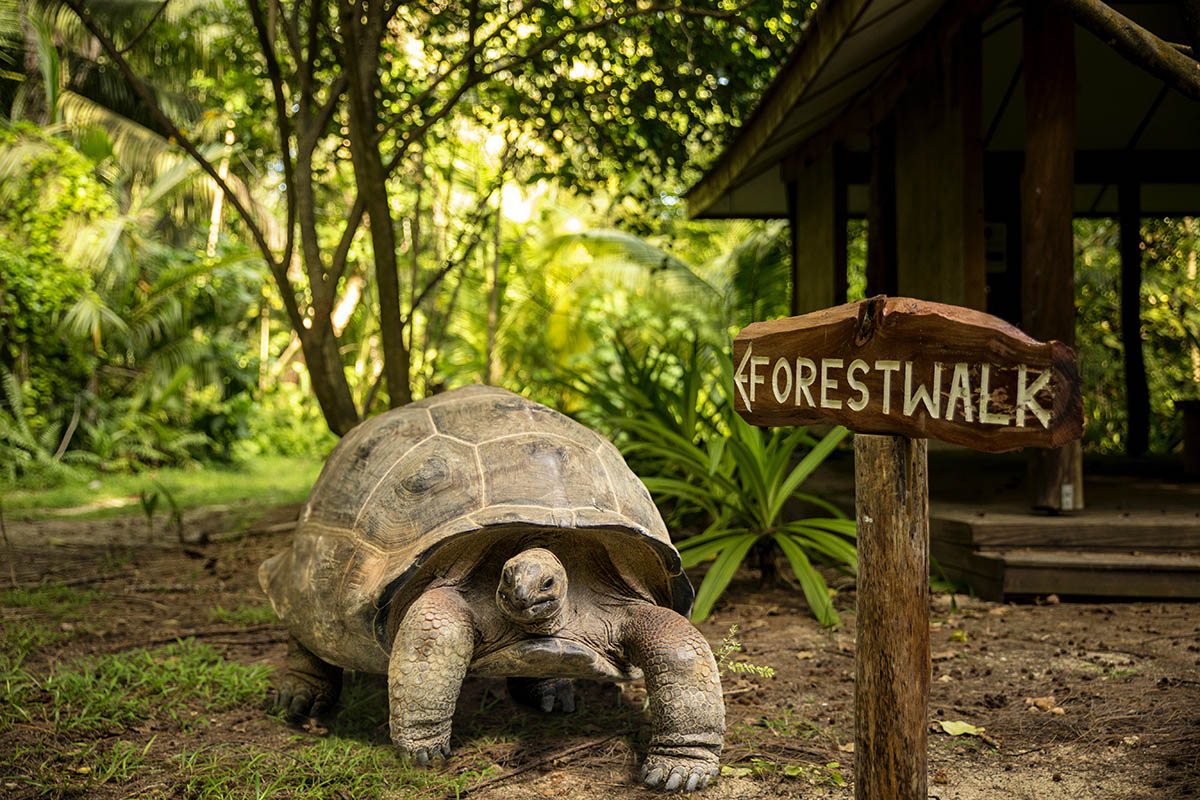
They are huge and their most famous and oldest resident is called Toby, who celebrated his 121st birthday in January with a specially made fruit pie! Tickle their necks and they stick their heads right up out of their shell and seem to relish the attention. I took a few selfies with Toby who was very keen to be the centre of attention, and before I knew it, there were tens of huge shells waddling towards me at quite a pace! They all wanted a tickle and a selfie, what curious creatures!
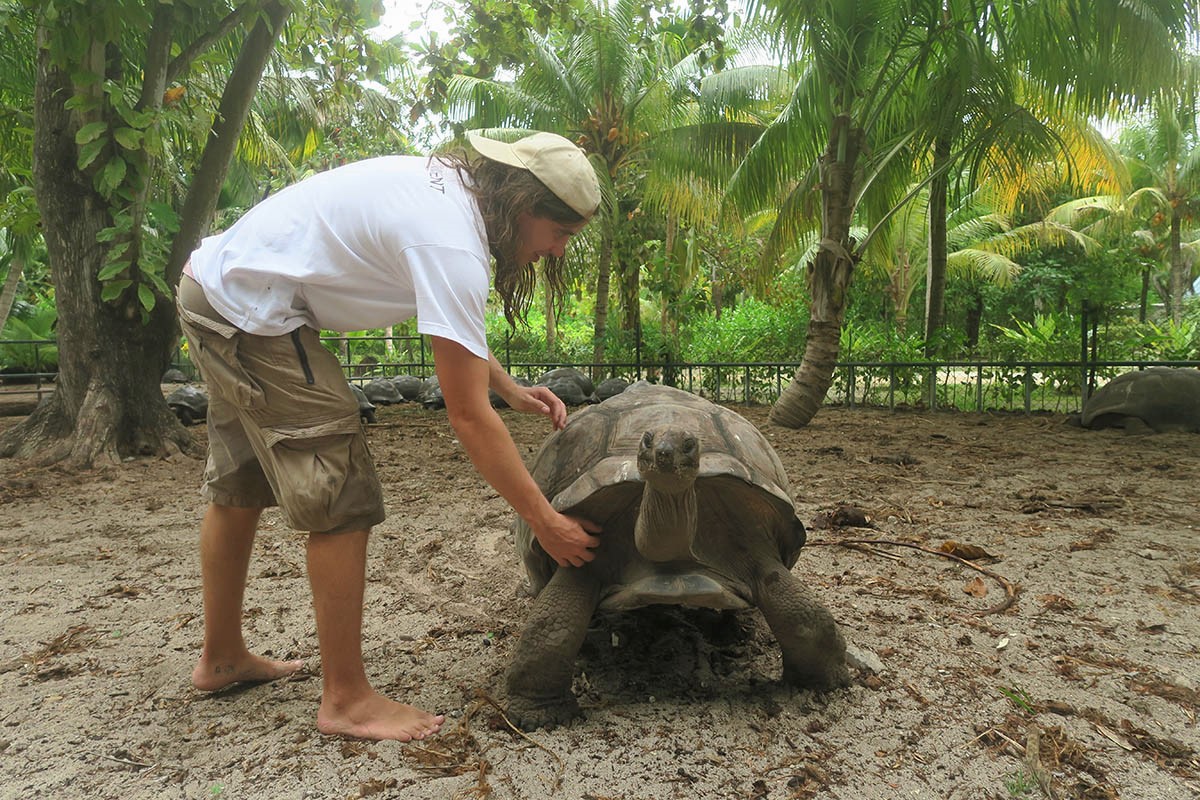
I was seriously impressed by how this island and its inhabitants are cared for and used to minimise its impact on this fragile planet of ours. It is privately owned – and I feel they could teach some of the larger chain-hotel brands around the world a thing or two. The restoration of native forest habitats, rearing of giant land tortoises and a fledgling seabird colony are just a few of the many other conservation projects that are currently ongoing on Denis Private Island.
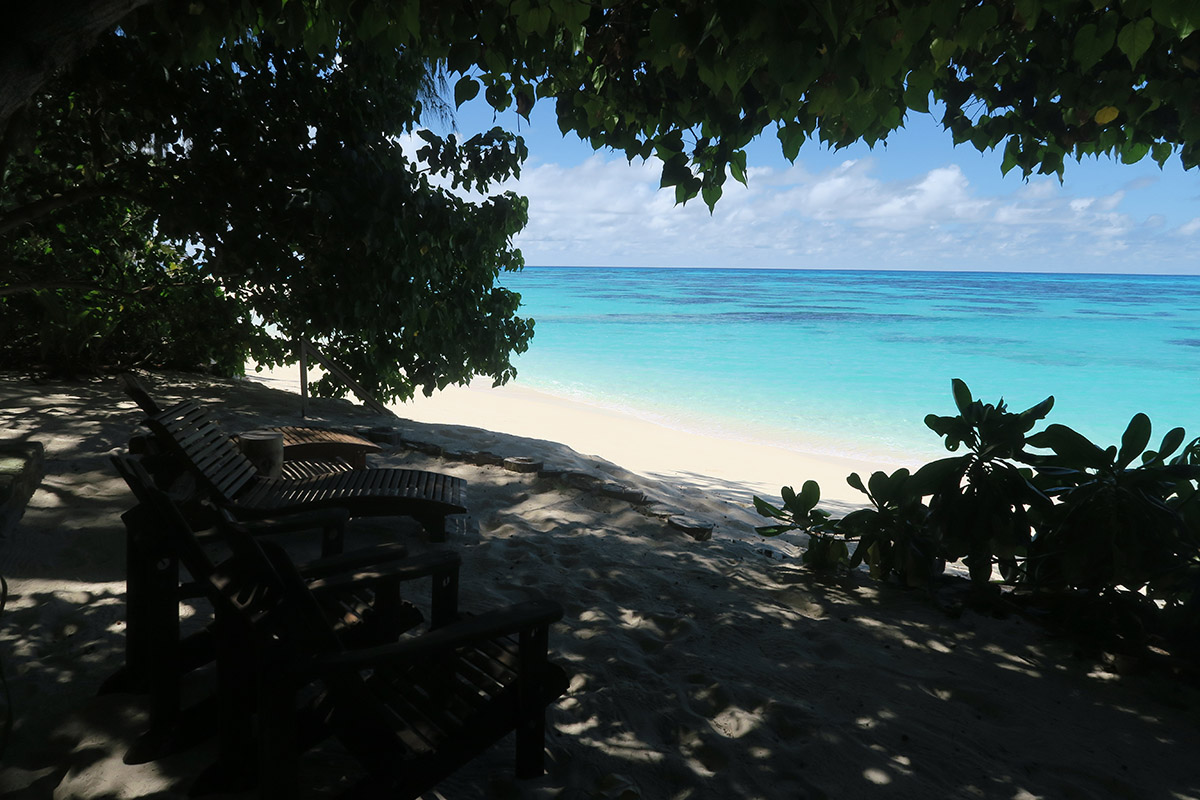
Chat to an expert to start planning your trip
Get in touch and one of our luxury travel experts will answer any questions you may have and help create your dream tailor-made holiday.
